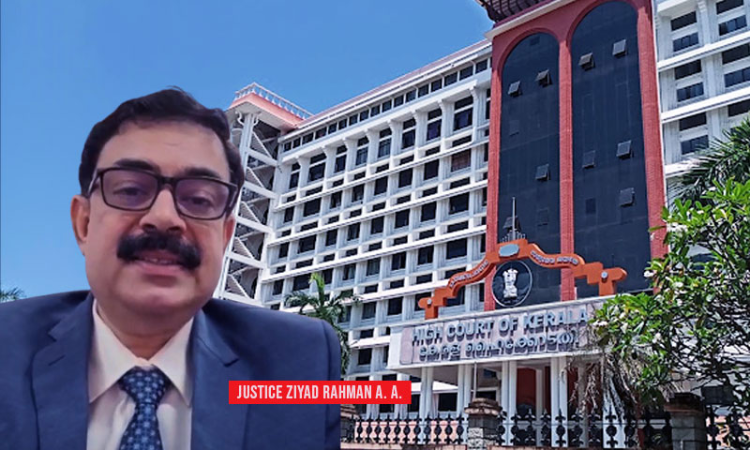Kerala Prison Rules | No Absolute Bar On Granting Parole To Convict Who Previously Absconded: High Court
Athira Prasad
18 Oct 2022 2:47 PM IST

Next Story
18 Oct 2022 2:47 PM IST
The Kerala High Court recently observed that as per Kerala Prisons and Correctional Service (Management) Rules 2010, there is no absolute bar in granting parole to the convict even if he had previously absconded.Justice Ziyad Rahman A. A observed, ... the purpose of imprisonment is not confined to creating a deterrent effect alone, but it is intended to reform the prisoner as well. If...
